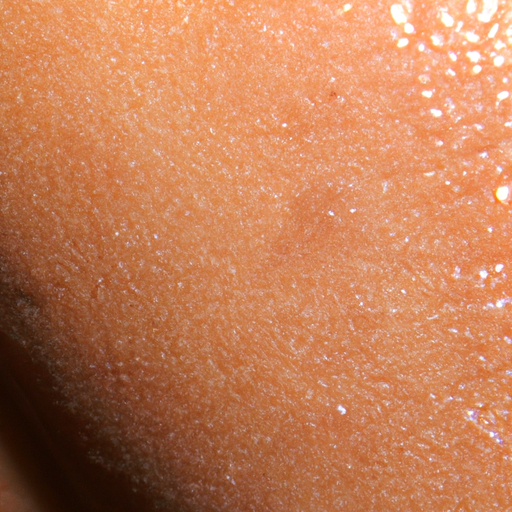Oily skin can be a challenging condition to manage. It can lead to acne breakouts, a shiny complexion, and even make your makeup slide off. However, with the right skincare routine and lifestyle changes, you can effectively combat oily skin. Here are six essential tips from an expert’s perspective to help you banish the shine.
1. Choose the Right Cleanser: The first step in managing oily skin is selecting a suitable cleanser. Look for a product that is specifically designed for oily skin. These cleansers often contain ingredients like salicylic acid or benzoyl peroxide, which can help to control oil production. Avoid using harsh soaps or alcohol-based products as they can strip your skin of its natural oils, causing it to produce even more oil to compensate.
2. Use a Toner: A toner can help to remove any excess oil and dirt that your cleanser may have missed. It also helps to balance the pH levels of your skin, reducing oil production. However, avoid toners with high alcohol content as they can dry out your skin, leading to increased oil production.
3. Moisturize Daily: It may seem counterintuitive to moisturize oily skin, but it’s a crucial step in your skincare routine. When your skin is dehydrated, it produces more oil to compensate. Therefore, using a lightweight, oil-free moisturizer can help to keep your skin hydrated and reduce oil production.
4. Exfoliate Regularly: Exfoliating helps to remove dead skin cells that can clog pores and lead to increased oil production. However, over-exfoliation can irritate your skin and increase oil production. Therefore, it’s recommended to exfoliate once or twice a week using a gentle scrub or a chemical exfoliant.
5. Watch Your Diet: What you eat can also impact your skin’s oil production. Consuming a diet high in processed foods, sugars, and unhealthy fats can stimulate oil production. Instead, opt for a balanced diet rich in fruits, vegetables, lean proteins, and healthy fats to keep your skin healthy and glowing.
6. Stay Hydrated: Drinking plenty of water is not only good for your overall health but also beneficial for your skin. It helps to flush out toxins from your body and keep your skin hydrated from within, reducing oil production.
In conclusion, managing oily skin requires a combination of the right skincare routine and healthy lifestyle habits. Remember that everyone’s skin is different, and what works for one person may not work for another. Therefore, it’s important to understand your skin type and consult with a dermatologist or skincare expert to find the best approach for you. With patience and consistency, you can effectively combat oily skin and achieve a healthy, shine-free complexion.



